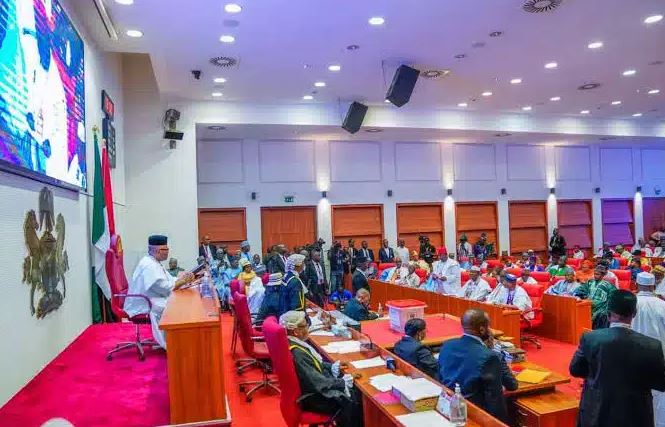The National Assembly is pushing a bill to tackle s3xual harassment at higher education institutions and to curb occurrences in Nigeria, stakeholders have confirmed.
This comes as the head of the Independent Corrupt Practices and Other Related Offences Commission (ICPC), Dr Musa Adamu Aliyu, voiced concerns over the increasing number of s3xual harassment cases in primary and secondary schools throughout the nation.
During a one-day national dialogue on preventing s3xual harassment, organized by the Gender Mobile Initiative in Abuja on Tuesday, stakeholders discussed the issue.
Before the dialogue, the Minister of Women Affairs, Uju Kennedy-Ohanenye; and the Minister of State for Education, Yusuf Tanko Sununu; shared their hopes that the bill aimed at preventing, prohibiting, and addressing s3xual harassment in higher institutions would be approved and signed into law by the legislative bodies and the president.
Likewise, the bill’s sponsor and a Member of the House of Representatives, Akin Rotimi Jnr, mentioned that the bill would be expedited and passed by the representatives and the Senate without any public hearings.
He added that the bill was in line with Agenda 5 of the 9th Assembly’s Legislative Agenda under Social Sector Reforms.
The founder and Executive Director of the Gender Mobile Initiative, Omowumi Ogunrotimi, emphasized the need for stakeholders to focus on prevention rather than just response to the issue.
She said, “As far back as 2019, 2020, we had a national conference where we validated this policy with a critical mass of stakeholders in the room across the National Universities Commission (NUC), National Board for Technical Education (NBTE), and even the students’ community.”



























